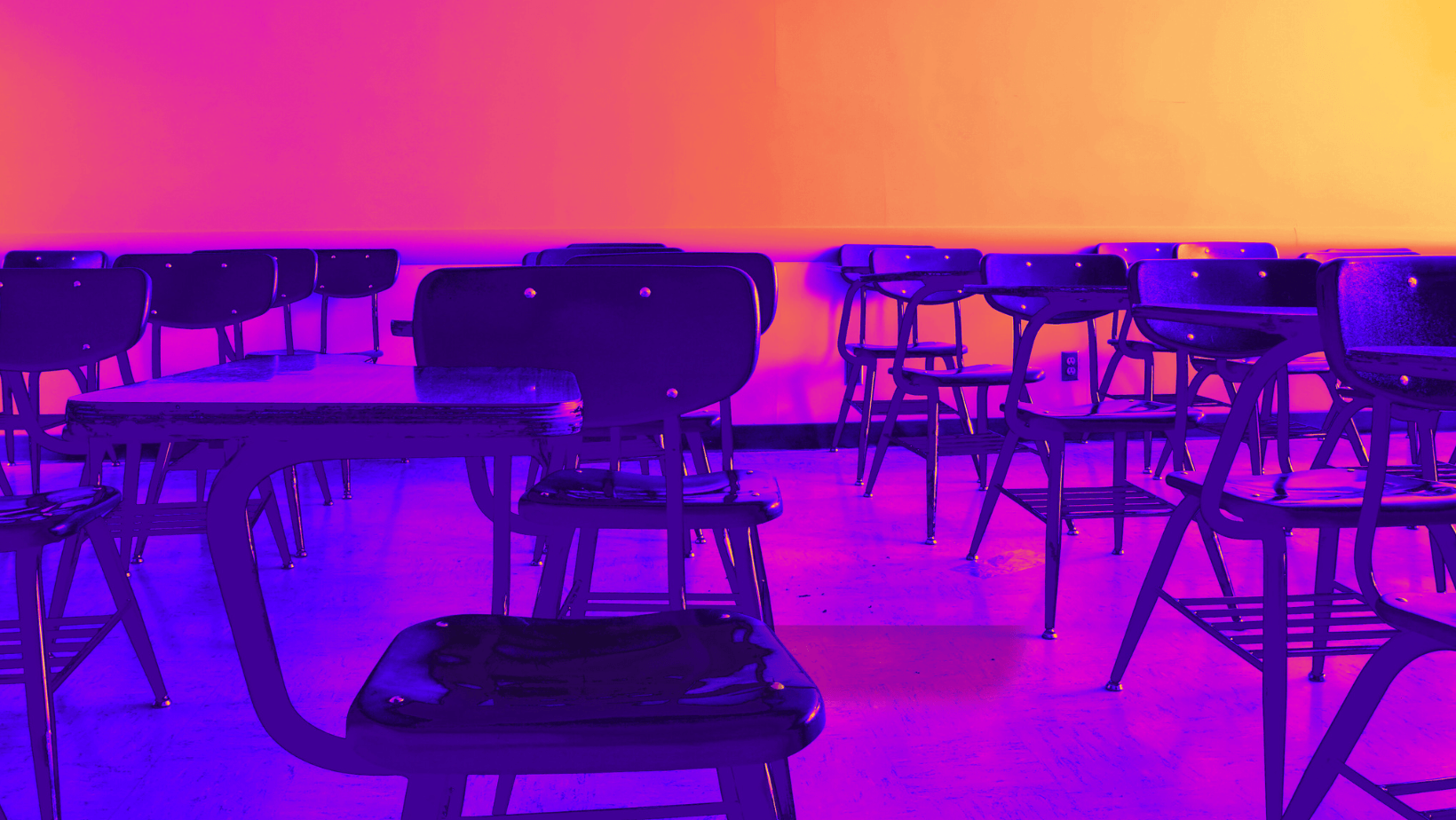
In light of new measures challenging the rights of transgender youth in Canadian provinces, Lawyers Without Borders Canada has spoken out on the impact of such measures on their right to freedom of expression, peaceful assembly, and association, in its latest contribution to the Independent Expert on Protection against violence and discrimination based on sexual orientation and gender identity.
Human rights are universal, indivisible, and interdependent.
Every human being is entitled to the same rights, regardless of nationality, culture, religion, gender identity, gender expression, sexual characteristics, sexual orientation, age, or marital status – this list is not exhaustive.
LWBC’s mission is to ensure respect for and the effective implementation of human rights in accordance with international and regional standards. This includes respecting the human rights of individuals of all sexual orientations and gender identities (SOGI), without discrimination.
Several of our projects support local initiatives that promote and defend the rights of gender non conforming individuals. This includes work in Colombia, El Salvador, Honduras, Benin and Burkina Faso, among others. LWBC is working with partners to strengthen the international and regional legal framework that mandates equal treatment in the implementation and enjoyment of all human rights, including by individuals of all sexual orientations and gender identities.
This is what we recently reiterated in our contribution to the UN Independent Expert on Protection against violence and discrimination based on sexual orientation and gender identity, following new measures targeting transgender youth in Canada.
Here’s an overview of the main international legal instruments that protect their rights (non-exhaustive list):
Freedom of expression
Article 19 of the International Covenant on Civil and Political Rights
Article 13 of the Convention on the Rights of the Child
Right to education
Article 29 of the Convention on the Rights of the Child
Prohibition of discrimination
Article 26 of the International Covenant on Civil and Political Rights
Protection of privacy
Article 17 of the International Covenant on Civil and Political Rights
Summary of the report
In 2023, a school board in Manitoba held a meeting to discuss a possible ban on educational materials addressing the theme of SOGI1. Additionally, two Canadian provinces have adopted policies regarding parental rights vis-à-vis schools2. These policies impose conditions on the possibility for children to use names and pronouns corresponding to their gender identity at school, stating that “official use of the preferred name and/or pronouns of a non-binary or transgender student under the age of 16 will require parental consent.3” Finally, Saskatchewan amended its 1995 Education Act to include the option for a parent to withdraw their child from sexual health classes4.
Not only are these various measures discriminatory, as they create a negative differential treatment between gender and sexual diverse individuals and others, they also impact the right to freedom of expression of the affected individuals.
To view the full report (in French only), click on the link below.
[1] CTV News, Book ban voted down at Brandon school board meeting, May 23, 2023, Online: https://winnipeg.ctvnews.ca/book-ban-voted-down-at-brandon-school-board-meeting-1.6409828.
[2] Voir: Policy 713: Sexual Orientation and Gender Identity, New Brunswick Department of Education and Early Childhood Development, revised August 23, 2023, online:: https://www2.gnb.ca/content/dam/gnb/Departments/ed/pdf/K12/policies-politiques/f/713-2023-07-01.pdf; Education (Parents’ Bill of Rights) Amendment Act 2023, LS 2023, c 46, Online: https://www.canlii.org/fr/sk/legis/loisa/ls-2023-c-46/derniere/ls-2023-c-46.pdf.
[3] Ibid., Policy 713, para. 6.3.2.
[4] Ibid., Education Amendment Act 2023, art 197.2 m).